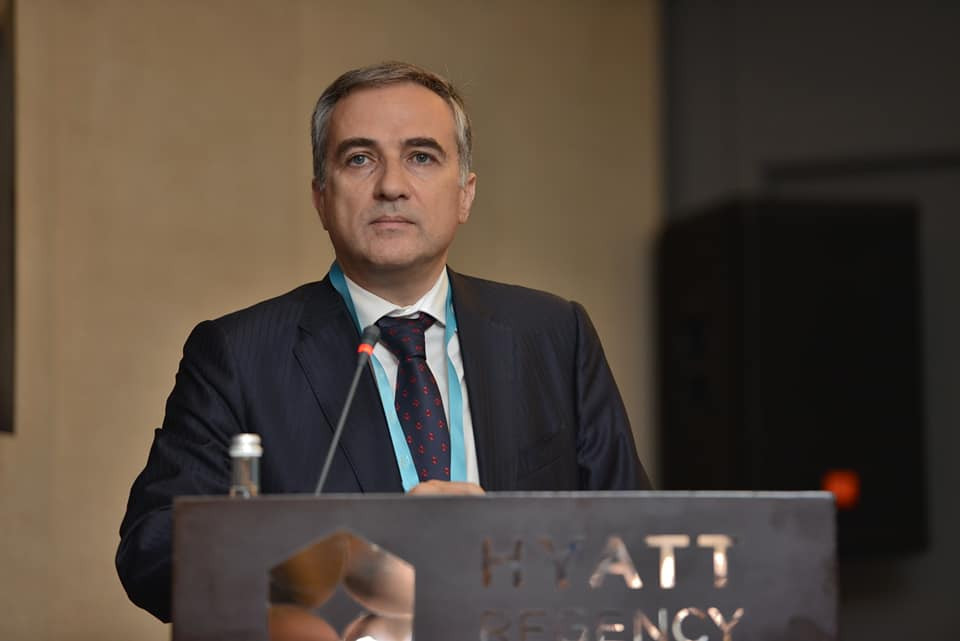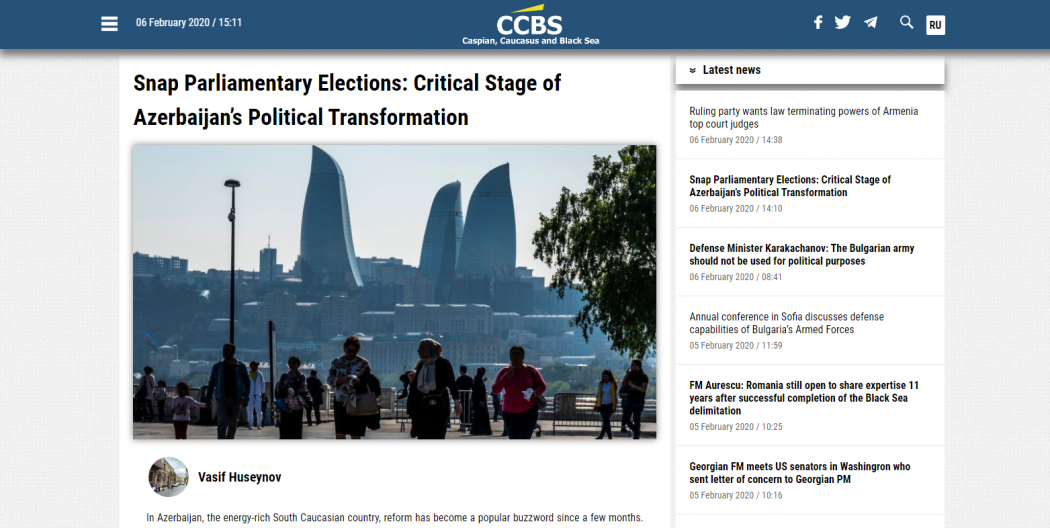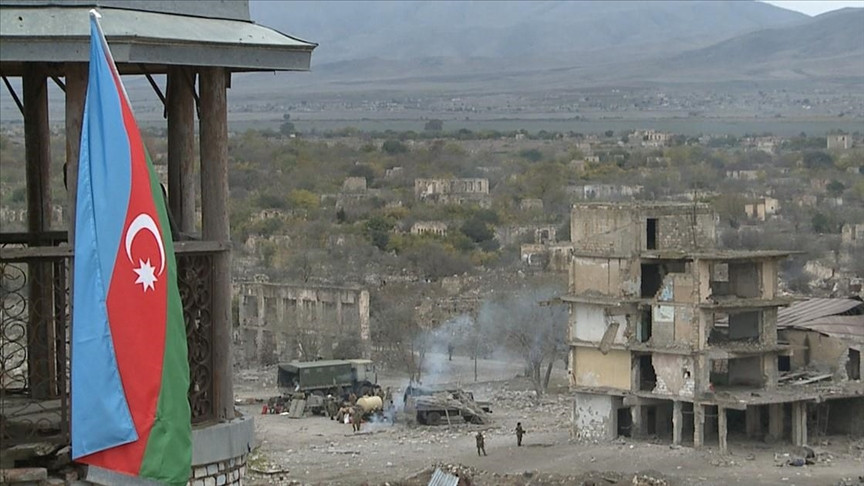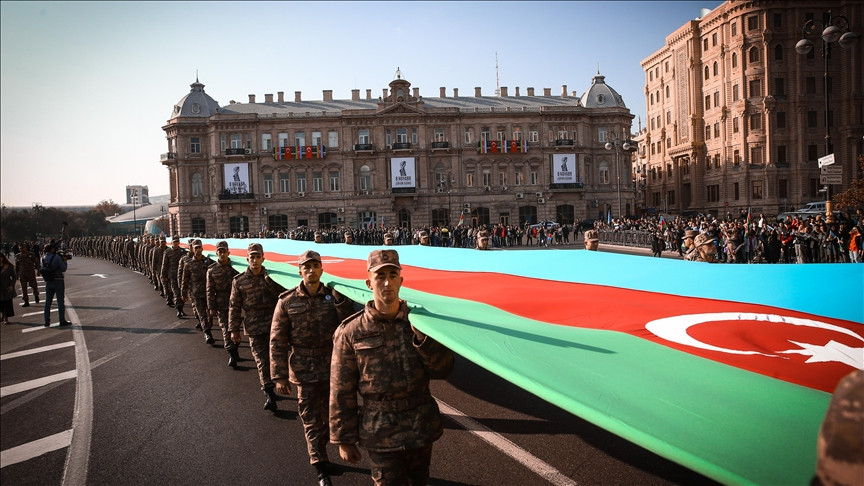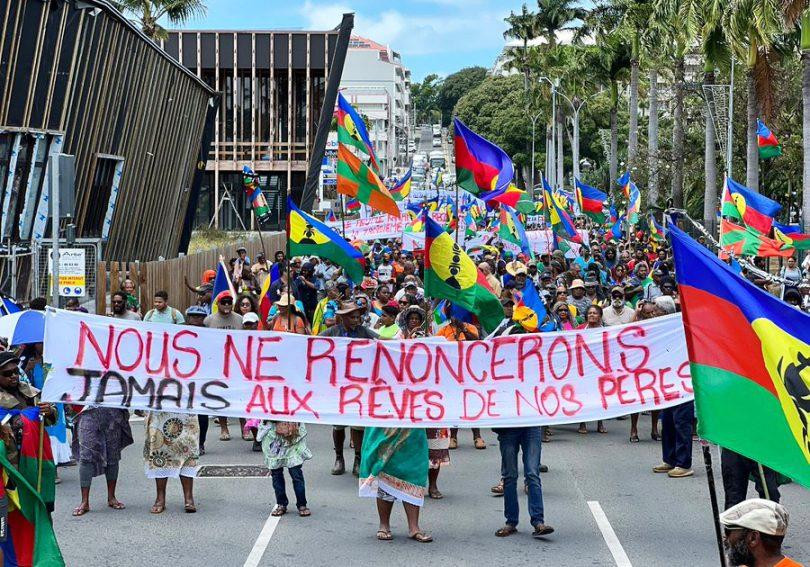In Azerbaijan, the energy-rich South Caucasian country, reform has become a popular buzzword since a few months. The word remained in the headlines of the local media throughout the whole year of 2019 and even, thanks to groundbreaking government reshufflings, started to be more heatedly debated towards the end of the year. The government proudly praises the accomplishments has been achieved in the course of this process, though for the critics there are still some shortcomings to be addressed. Nevertheless, despite the deficiencies, there is a fact that the country has been through an economic and political transformation, the next stage of which constitutes the snap parliamentary elections, scheduled to be held on 9 February 2020.
Important to note that Azerbaijan’s economy and its political system has gone through a remarkably stable period since 1993 when Heydar Aliyev was elected the President of the then just two-years old republic in gravely troubled times for the country amidst the war with Armenia and tensed domestic situation. In a short period of time, President Aliyev managed to reach ceasefire with Armenia, quell separatist movement in the south, sign important contracts with Western oil companies, and achieved political stability and economic recovery. There have been few changes to the political system established at that time as it, supported by lucrative revenues from oil and gas exports, provided necessary conditions to implement the overall priorities of the country.
However, the start of sharp fluctuations in the oil prices and restructuring of the international economy brought about some economic challenges for Azerbaijan whose primary source of income has been mostly oil and gas exports. This caused a pressing need to diversify economy and reduce dependency on oil and gas reserves by developing non-oil sector. It is worth noting that the economic transformation of the country is accompanied by overwhelming changes in the political sphere of the country. The existence of strong centralized government and political stability allows the authorities to initiate and implement such amendments with immediate effect at all levels of the political establishment.
The past year of 2019 marked the zenith of these changes in Azerbaijan. The replacement of the old cadres, some of whom held their positions at the highest posts in the government since 1990s, with younger and mostly Western-educated people and more resolved crackdown on corrupted officials were some of the changes made in 2019. In the course of this process, in December, for the first time in the history of post-Soviet Azerbaijan, a regional executive head was arrested on charges of corruption and theft committed during his service.
The dissolution of the unpopular parliament in early December 2019, on the ground of its failure to catch up with the reforms and calling for snap parliamentary elections, was one of the most unexpected and promising phases in this process. The whole country is currently focused on 9 February when the people will cast ballots to elect their parliamentary representatives in the majoritarian system. The opposition parties, civil society members, and a large number of independent candidates are excitedly campaigning in their respective electoral districts.
The Central Election Commission (CEC) has registered record number of candidates - more than 1400 – for 120 seats this year. The CEC has reported that 19 political parties are taking part in the elections apart from those who have no political party affiliation. Compared to the previous elections – 743 registered candidates in 2010 and 768 in 2015 – the political activity is markedly high.
The rise in the political activity can be also noticed in the number of local people registered to observe the elections. It is reported that more than 42 thousand Azerbaijanis will take the role of observer in various electoral districts. The elections will be also observed by the representatives of other countries and international organizations. According to the latest report of the Central Election Commission, 210 international observers have been accredited and the number is expected to grow.
The growth in the interest of the people in the political processes in Azerbaijan is inextricable linked with a widespread belief that the overarching political reforms and the top-down fight against corrupted old cadres will make the next parliamentary elections the most fair and free elections in the history of Azerbaijan. According to Hikmet Hajiyev, assistant of the President of the Republic of Azerbaijan, Head of Foreign Policy Affairs Department of the Presidential Administration, parliamentary elections will be another important opportunity in transformation of Azerbaijani society.
It is widely believed that the elections will rejuvenate the parliament and bring in the representatives from a variety of backgrounds. Although the ruling New Azerbaijan Party (YAP) is expected to maintain the majority at the new parliament, but the opposition parties are also hopeful for a good reason. The political parties like Republican Alternative (REAL) and Musavat have deployed all their potential to pursue a successful campaign across the whole country and to take a decisive role in the highest legislative body of the state. The above mentioned developments give a strong ground to believe that the snap parliamentary elections will be a big step forward in the political transformation of Azerbaijan.

